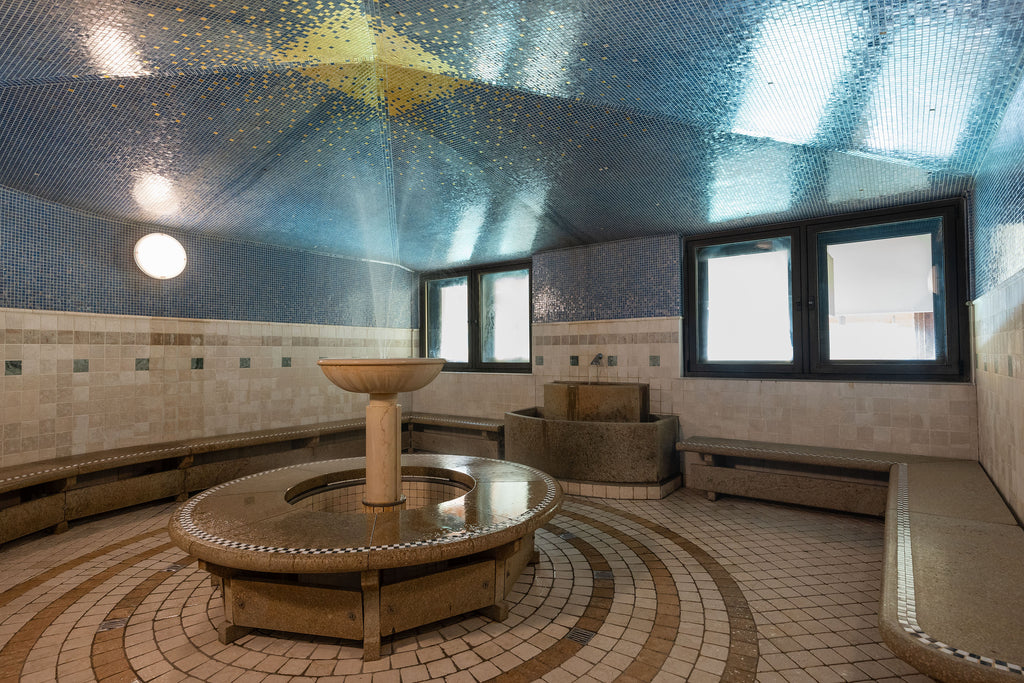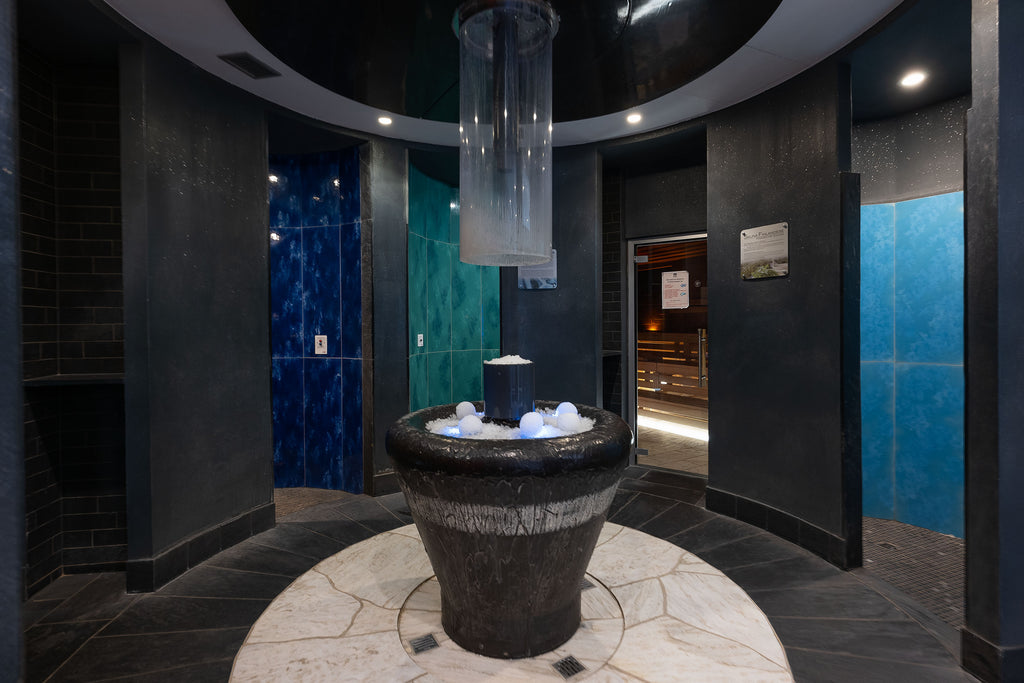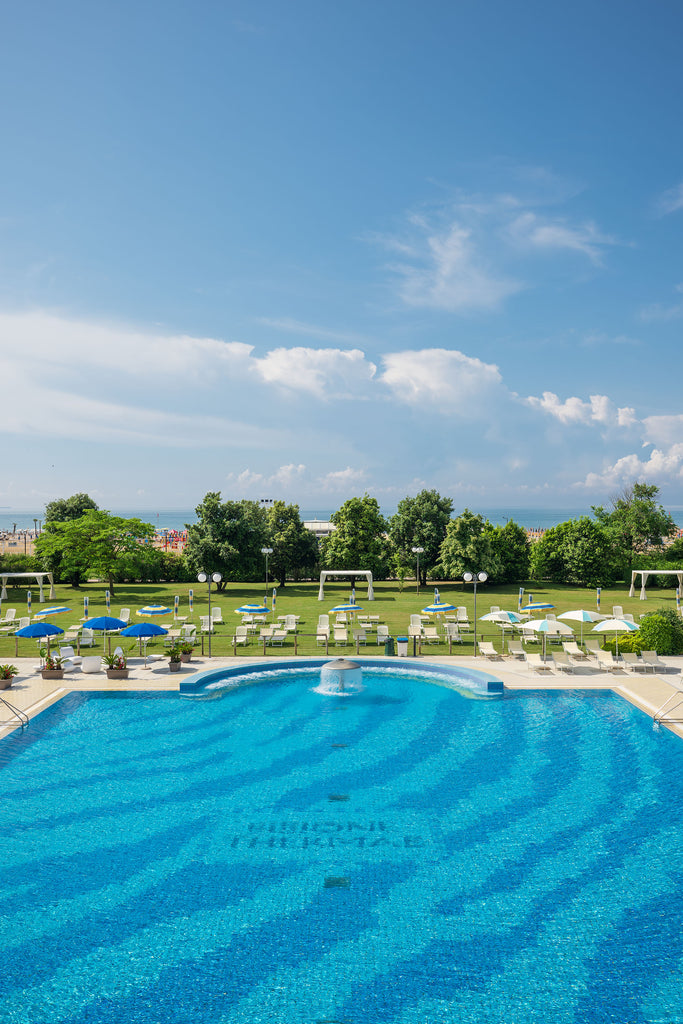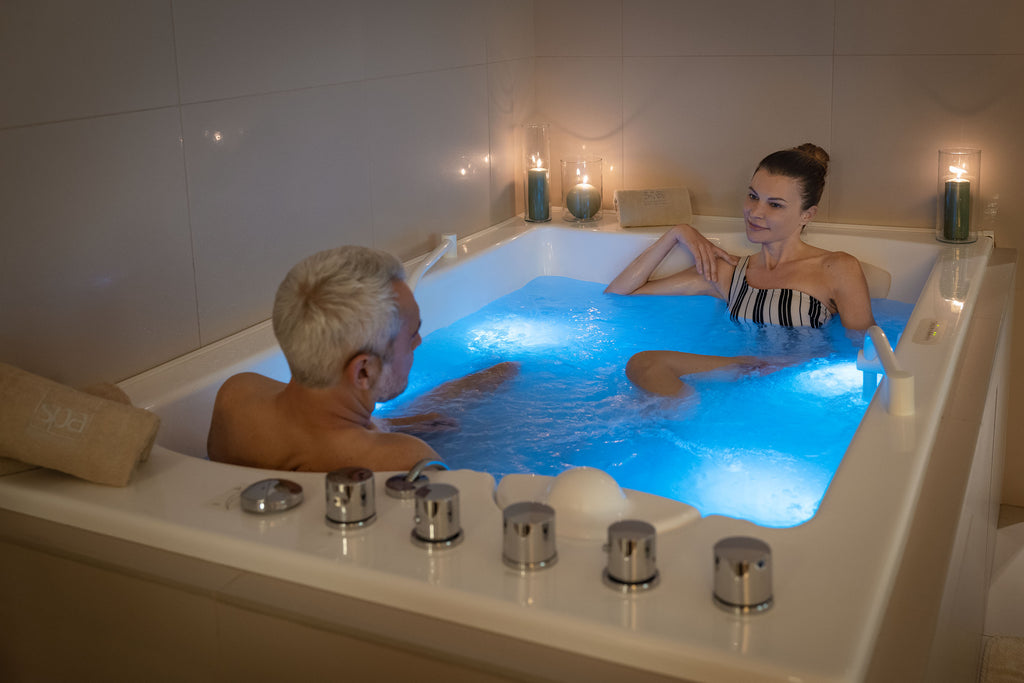Physiokinesitherapy

The term physiokinesitherapy contains the Greek word "kinesi", which means "movement"; therefore, physiokinesis is a rehabilitation treatment that aims to recover the patient’s motor and cognitive health through a therapeutic program conducted by physiotherapists.
It is useful for treating or preventing certain neurological and musculoskeletal
disorders, as well as for rehabilitating patients who have undergone trauma or
surgery. In particular, it allows to:
o relieve pain;
o reduce joint and muscle stiffness;
o restore strength, joint range and muscle mass;
o re-educate to bodily proprioception.
o Eliminate physical stress from overload.
The rehabilitation centre of the Bibione Spa is able to follow all disorders of orthopaedic,
neurological, rheumatological, oncology and respiratory nature. Specifically:
o or orthopaedic pathologies such as sprains, fractures, muscle and tendon injuries,
scoliosis, arthrumatic pathologies, spinal pathologies (lumbago, cervical etc.), the results
of dislocations, road injuries such as whiplash etc.
o neurological diseases such as stroke, multiple sclerosis, cerebral palsy in children,
nervous system disorders;
o rheumatological diseases such as ankylosing spondylitis, rheumatoid arthritis;
o respiratory pathologies that asthma, COPD or arising from pulmonary
or cardiac surgery or after a long stay;
o Oncological pathologies such as the results of breast surgery or other oncological
pathologies.
In addition, rehabilitation can be useful and functional during and after pregnancy as
it can help patients to restore the muscle tone of the pelvis and abdomen.
There are many proven techniques that are used depending on the patient’s
pathology in the modern rehabilitation gym of Bibione Terme overlooking the sea:
o Stretching exercises;
o stabilization and muscle strengthening exercises;
o restoration of coordination and balance exercises;
o postural exercises;
o motor rehabilitation to walk
o motor rehabilitation to daily life activities
Through manual and instrumental approaches, inserted within a personalized program, physiokinesitherapy is able to guarantee numerous benefits to the patient. The main ones are:
- pain reduction: especially that associated with chronic problems, muscle and joint
injuries. The exercises and techniques implemented by the therapist can relax the muscles and
stimulate the production of endorphins (which relieve, in fact, the painful sensation); - post-operative recovery: following surgery or an injury,
physiokinesitherapy accelerates the healing process and allows the patient to return to
his daily activities as soon as possible; - improvement of mobility: after a trauma it is highly probable that
mobility of some muscles is lost and physiokinesiotherapy can help improve movement,
increase flexibility and strengthen weaker muscles; - prevention: physiokinesitherapy is useful not only to treat injuries, but also to
prevent them in everyday life or during sports activity.
How long does a physiokinesitherapy session last?
The duration of a physiokinesitherapy session varies; it depends on the type of problem, the
symptoms and the reactivity of the individual patient.
The approach of physiokinesis therapy is suitable for everyone and does not present particular
contraindications. However, as well as for all therapies, it is necessary to assess on a case-by-case basis. The
main contraindications are:
- fever,
- infectious states;
- psychotic states.
Medical history and physical examination can determine whether or not a patient can
undergo physiokinesis therapy techniques and, consequently, establish the most appropriate therapeutic plan. Contacting experts in the field, such as those present at the Centro Medico Riabilitativo Bibione, is definitely the best choice.
Our physiotherapists are health professionals who have a degree in Physiotherapy
and are members of the National Federation of Health Profession of Physiotherapists


